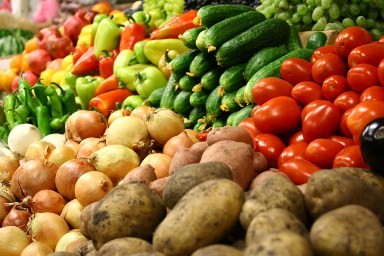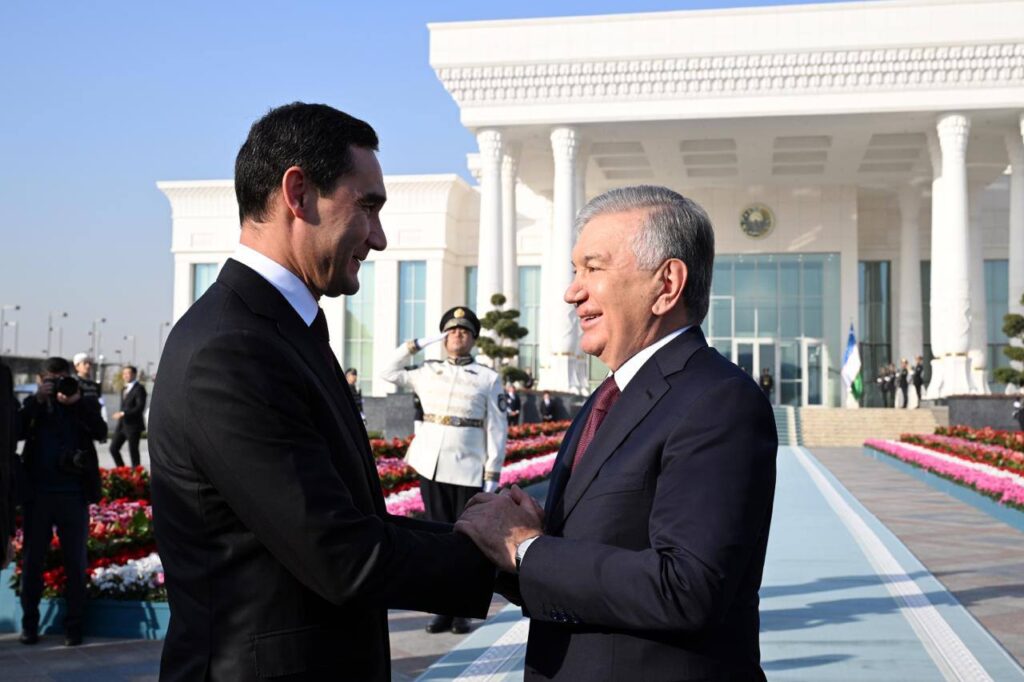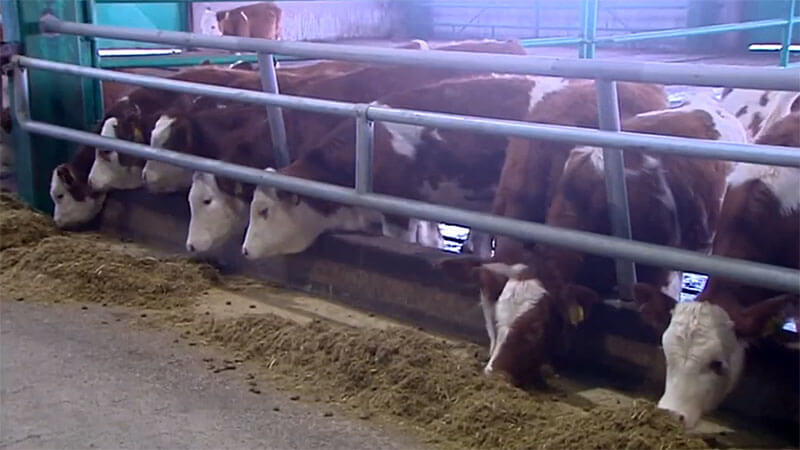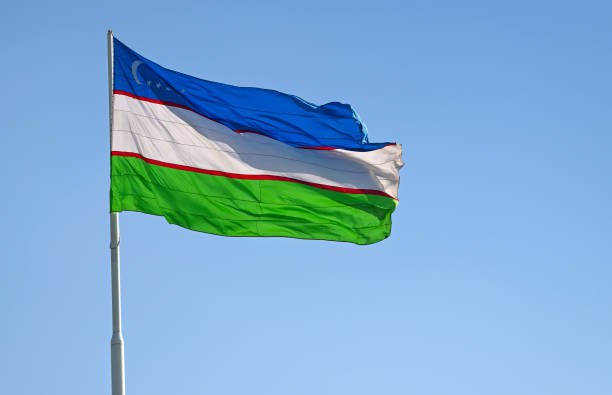ASHGABAT (TCA) — Turkmenistan President Gurbanguly Berdymukhammedov on February 22 signed a resolution pursuant to which prices of various types of essential groceries, merchandise, as well as manufacturing, engineering and social works and services will be controlled by the state. However, neither prices nor the list of essential goods and services have been quoted, independent foreign-based news website Chronicles of Turkmenistan reported.
The state information agency TDH reported that prices and rates for some merchandise, products, works and services for the domestic market will be established by the Cabinet of Minister and for others – by the Ministry of Finance as agreed with the Cabinet.
Chronicles of Turkmenistan has previously reported that market vendors and state-run shops are being forced by the authorities to sell the produce and merchandise at reduced prices.
For instance, the list of “recommended” prices for groceries was distributed to owners of Turkmen stores in late December 2018.
Since it is unprofitable to sell merchandise at the government-established prices, the vendors are trying to verbally inform the customers of the real value.
Radio Azatlyk earlier reported that the vendors of Ashgabat markets were forced to reduce prices. According to the news outlet, the announcements with signatures and stamps say that a flatbread must cost 1 manat despite the fact that the regular price is 3 to 5 manats. The officials have warned vendors that the fine for overpricing will amount to 400 manats. This led to the closure of half of retail outlets selling bread since it is unprofitable for small business owners to sell it.
Turkmenistan is experiencing an economic downturn and chronic shortages of basic food products largely caused by decreasing hard-currency revenues from the country’s main export commodity — natural gas.









